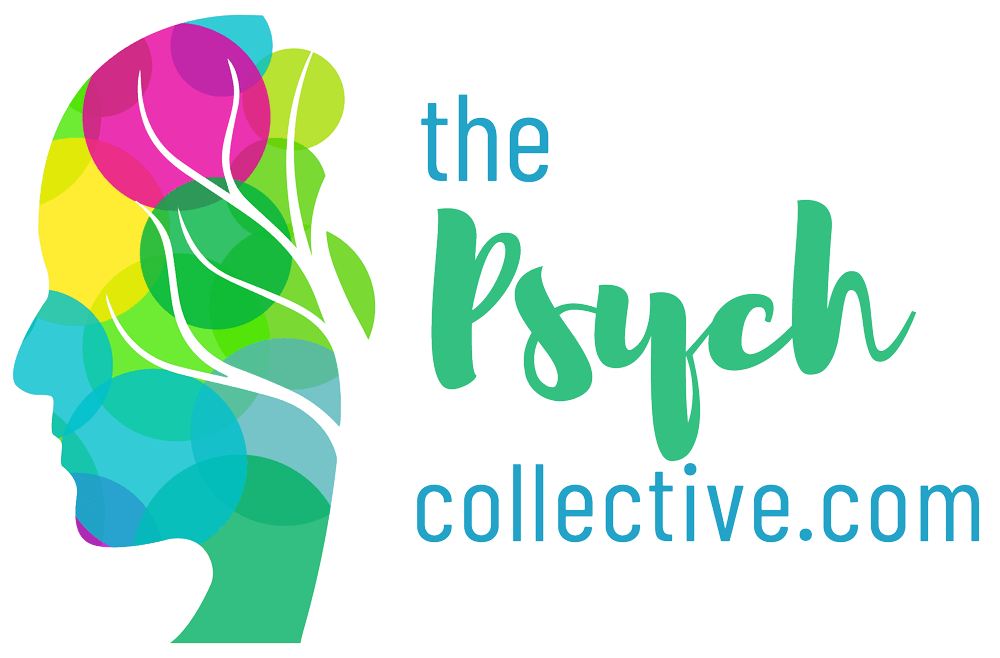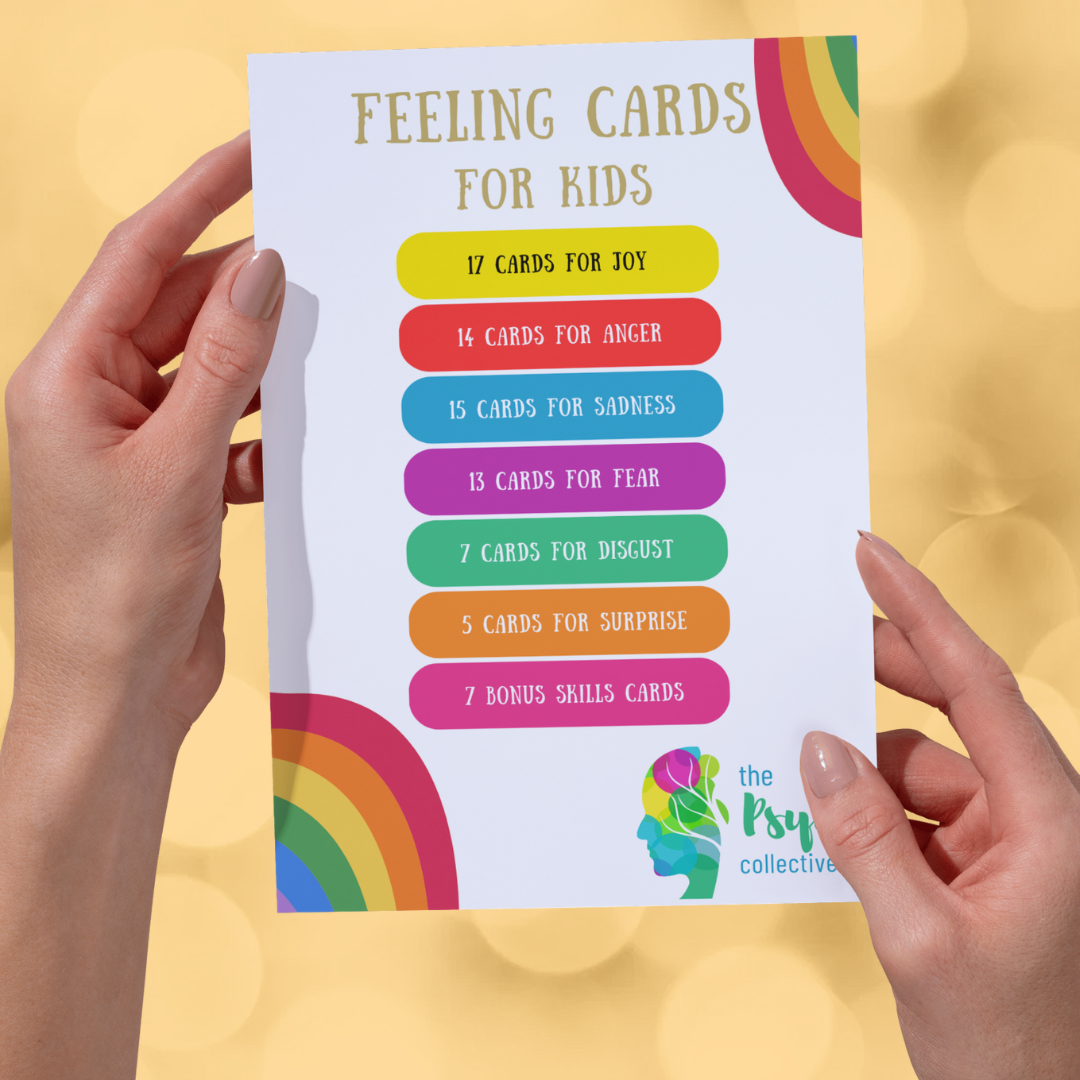Suicidal Ideation
Thinking about suicide seems to be very common in states of high stress, in states of Distress, in depression: typically when one feels trapped. The phenomenon is called suicidal ideation. Suicidal ideation is not the same as suicidal intention. For some people fantasy about suicide can bring relief, for others thinking about suicide is unwanted and painful.
Suicidal ideation is a sign that people feel trapped in some way.
Suicidal ideation may sometimes precede suicidal intention, but commonly people with suicidal ideation do not also have suicidal intention. That knowledge can be a great relief to some people with suicidal ideation.
Suicidal ideation is a sign that people feel trapped in some way: when it feels like there is no answer to one’s predicament, the idea of suicide bubbles up as a notional way of escaping the trap.
Those that do have true suicidal intention are the ones that suicide or make a serious attempt to suicide. Suicidal intention is an imminent desire to leave life. It may be associated with making arrangements for ones estate etc or it may be impulsive, especially in the context of intoxication.
Experiencing suicidal ideation is a sign that help is needed. Help to solve the feeling of being trapped.
Experiencing suicidal intention is an emergency.
What runs in the mind of a person who is attempting a suicide?
When someone is at the point of attempting suicide, one or more of the following factors have become overwhelming:
- they feel trapped in a difficult predicament.
- They are overwhelmed with powerful emotion or the opposite, they feel completely numb.
- They believe they are a burden to those they care about.
- they have not realised the distinction between suicidal ideation and suicidal intention, and conclude that one leads to the other.
- they are depressed and can only see the negative and may also believe their preoccupation is unsolvable.
- they are deeply ashamed.
- they are intoxicated.
- they are acting on impulse.
- they are executing a long held plan and one or more of the above.
Need Help Now?
If you are experiencing suicidal intention, please contact your treating health professional, mental health line or emergency service
Australia
If you are in an emergency, call 000
Lifeline: 13 11 14
Canada
Suicide Prevention Hotline: 1-833-456-4566
Kids Helpline (under 20s): 1-800-668-6868
India
AASRA: +91-22-2754-6669
United Kingdom
Samaritans: 116 123
United States
National Suicide Prevention Lifeline: 1-800-273-TALK (8255)
Need More?
Check out
Befrienders.org for a list of international helplines
Share
Categories
About Our Resources
We offer actionable resources and teach real skills to help people make meaningful change in managing mental health issues through different modes depending on people's learning preferences including infographics, text, worksheets, handouts and video.












